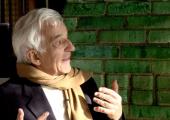theartsdesk in Lahti: Sibelius 150, Sibelius Hall
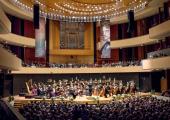
Top concert hall is the natural heart of this year's anniversary celebrations
When Lahti’s Sibelius Hall finally shone and coruscated into life in 2000, the 100,000 citizens of this modest Finnish town, not to mention acousticians from all over the world, could hardly believe their eyes and ears. Here, at last, was not only a top concert hall fit for what had already become a world-class orchestra under notable Sibelian Osmo Vänskä, but also a twofold architectural wonder.





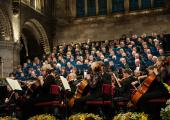
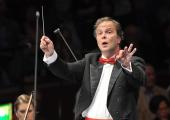

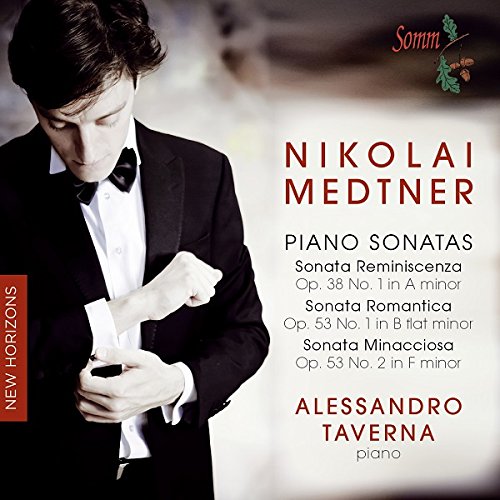 Medtner: Piano Sonatas Alessandro Taverna (Somm)
Medtner: Piano Sonatas Alessandro Taverna (Somm)